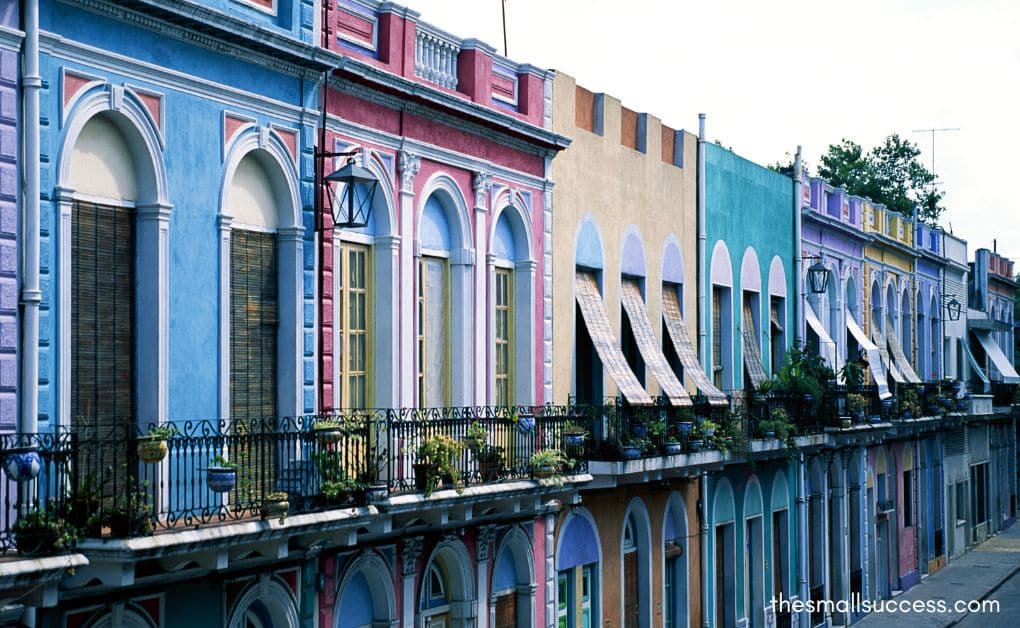If you're dreaming of a peaceful life with ocean views, friendly locals, and affordable living, Uruguay might be your perfect expat destination. Often overshadowed by its neighbors Brazil and Argentina, Uruguay offers a stable economy, mild climate, and one of the safest environments in Latin America.
Why Expats Are Choosing Uruguay
- Stable government and strong rule of law
- Low crime rates, especially compared to nearby countries
- Modern infrastructure, including high-speed internet and efficient banking
- Progressive policies on healthcare, education, and civil rights
- Mild four-season climate and beautiful beaches
According to Internations, Uruguay consistently ranks high in expat satisfaction for safety, quality of life, and work-life balance.
Top Places to Live in Uruguay as an Expat
1. Montevideo – Urban Comfort with a Relaxed Pace
- Safe neighborhoods like Pocitos and Carrasco
- Access to international schools and hospitals
- Seaside rambla (boardwalk) perfect for jogging or cycling
- A mix of colonial charm and modern conveniences
2. Punta del Este – Glamorous Beach Life
- Luxury condos and beachfront apartments
- Lively cultural scene during tourist season
- Quiet and clean during the rest of the year
- Popular with digital nomads and retirees
3. Colonia del Sacramento – Historic Charm by the River
- Quieter lifestyle with a strong local community
- Great spot for artists, writers, and retirees
- Just a ferry ride away from Buenos Aires
4. La Paloma & Rocha Coast – Nature Lovers’ Paradise
- Affordable real estate and rent
- Laid-back beach lifestyle
- Close-knit expat and surfer communities
Cost of Living in Uruguay (2025)
| Expense | Estimated Cost (USD/month) |
|---|---|
| Rent (1BR apartment) | $500 – $800 |
| Utilities & Internet | $100 – $150 |
| Groceries | $200 – $300 |
| Healthcare Insurance | $80 – $150 |
| Dining Out | $10 – $20 per meal |
| Transportation | $30 – $50 |
Note: Costs are lower in rural areas and higher in Punta del Este during peak season.
Residency and Visa Options
- Residency Visa: Apply while inside Uruguay with proof of income (e.g., pension, remote job, or savings)
- Pensionado Program: Ideal for retirees—requires regular pension income
- Digital Nomad Visa (expected in 2025): Still under review but may provide more flexibility for remote workers
Residency comes with perks like access to the national healthcare system and the ability to apply for citizenship after five years.
Visit Uruguay's official immigration site for updated application requirements.
Healthcare System for Expats
- Private mutualistas (non-profit health providers): Monthly fees range from $80–$150
- Public system (ASSE): Available but may involve longer wait times
- Out-of-pocket care: Still very affordable for basic services
Doctors often speak English in larger cities, and facilities are modern and clean.
Language and Culture
- Language: Spanish is the official language, and while many locals don’t speak fluent English, they are patient and helpful.
- Culture: Uruguayans are laid-back, respectful, and value privacy. Mate (a traditional herbal tea) is a cultural staple, and Sundays are reserved for family and barbecues (asados).
- Integration: It’s easy to meet other expats, especially in Montevideo and Punta del Este, but learning basic Spanish will greatly enhance your experience.
Safety and Politics
- Uruguay is consistently ranked as one of the safest countries in Latin America.
- Free press and political stability
- Low corruption levels
- Independent judiciary
Pros and Cons of Expat Life in Uruguay
✅ Pros:
- Safe and politically stable
- Beautiful coastlines and countryside
- Friendly locals
- No need to renounce your current citizenship
- Growing community of expats and remote workers
❌ Cons:
- Bureaucracy can be slow
- Higher cost of living compared to other Latin countries
- Limited nightlife outside Montevideo
- Slower pace of life may not suit everyone
FAQ
Q: Can I buy property in Uruguay as a foreigner?
A: Yes. There are no restrictions on foreigners owning property in Uruguay.
Q: Is Uruguay safe for solo expats or families?
A: Absolutely. It's one of the safest countries in South America.
Q: Do I need to speak Spanish to live in Uruguay?
A: While it helps, many expats get by with basic Spanish, especially in tourist-friendly areas.
Q: How long does it take to get permanent residency?
A: You can apply for residency right away, and after 5 years (or 3 years if married), you may apply for citizenship.
Q: What’s the internet like in Uruguay?
A: Good quality in cities—fast enough for remote work, streaming, and video calls.
Conclusion
Uruguay offers a unique mix of tranquility, safety, and quality of life. Whether you’re looking to retire, work remotely, or raise a family, this small but mighty country is well worth your consideration. With friendly locals, modern amenities, and a stunning coastline, expat life in Uruguay in 2025 is more accessible than ever.
Pro tip: Visit during off-season months (March–November) to explore cities and neighborhoods before deciding where to settle.

